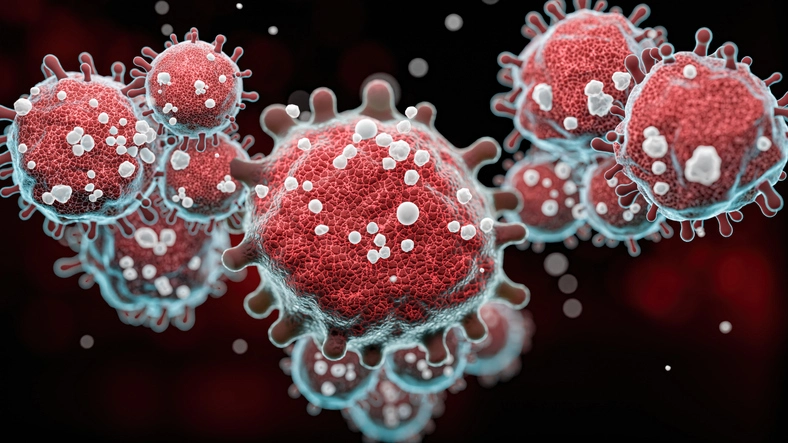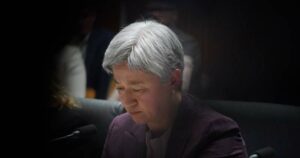
The Swedish Cancer Society (Cancerfonden) has announced research grants exceeding SEK 90 million for the year 2025. This funding will support various innovative projects at the Department of Oncology-Pathology at Karolinska Institutet, with a significant portion dedicated to advancing research in breast cancer.
Among the notable recipients is OnkPat researcher Fredrik Strand, who has secured a total of SEK 26.5 million for two distinct breast cancer projects. One of these initiatives, which received SEK 22 million, is focused on developing AI-driven screening methods, risk identification, and multimodal surveillance. This project is part of the Swedish Cancer Society’s special initiative aimed at improving early cancer detection.
Additional Key Projects Funded
The funding distribution highlights a diverse range of research projects aimed at tackling various forms of cancer. Notable awards include:
– Svetlana Bajalica Lagercrantz: SEK 3 million for “The Swedish constitutional TP53 cohort (SWEP53): genotype-phenotype prediction and improved ‘previvorship’ and survival” (2026-2028).
– Jonas Bergh: SEK 6.75 million for “Translational breast cancer studies with a focus on prognostics, treatment prediction and tailored therapy strategies” (2026-2028).
– Felix Haglund de Flon: SEK 3 million for “TAXOSARC – A data-driven redefinition of sarcoma taxonomy” (2026-2028).
Other funded projects include significant work on chronic lymphocytic leukemia, cell therapy methods, and immune response mechanisms, reflecting the Swedish Cancer Society’s commitment to a multifaceted approach in cancer research.
Focus on Precision Medicine and Innovative Therapies
The grants are aimed at enhancing precision medicine and developing innovative therapies. For instance, Lotta Hansson will receive SEK 3 million for her project on the real-world effects of precision medicine in chronic lymphocytic leukemia patients. Meanwhile, Ola Larsson has been awarded SEK 4.5 million to explore novel mechanisms controlling mRNA translation as potential targets for difficult-to-treat cancers.
The initiative also emphasizes the importance of understanding tumor biology, with projects like Georgios Rassidakis‘ SEK 3 million research on targeting antitumor immune response mechanisms in lymphomas. The breadth of these projects illustrates a robust commitment to advancing cancer research and treatment strategies across various cancer types.
In total, the funding reflects the Swedish Cancer Society’s ongoing dedication to supporting groundbreaking research that has the potential to improve cancer outcomes significantly. As these projects unfold, they may pave the way for new diagnostic tools and therapies that could transform the landscape of cancer care.







